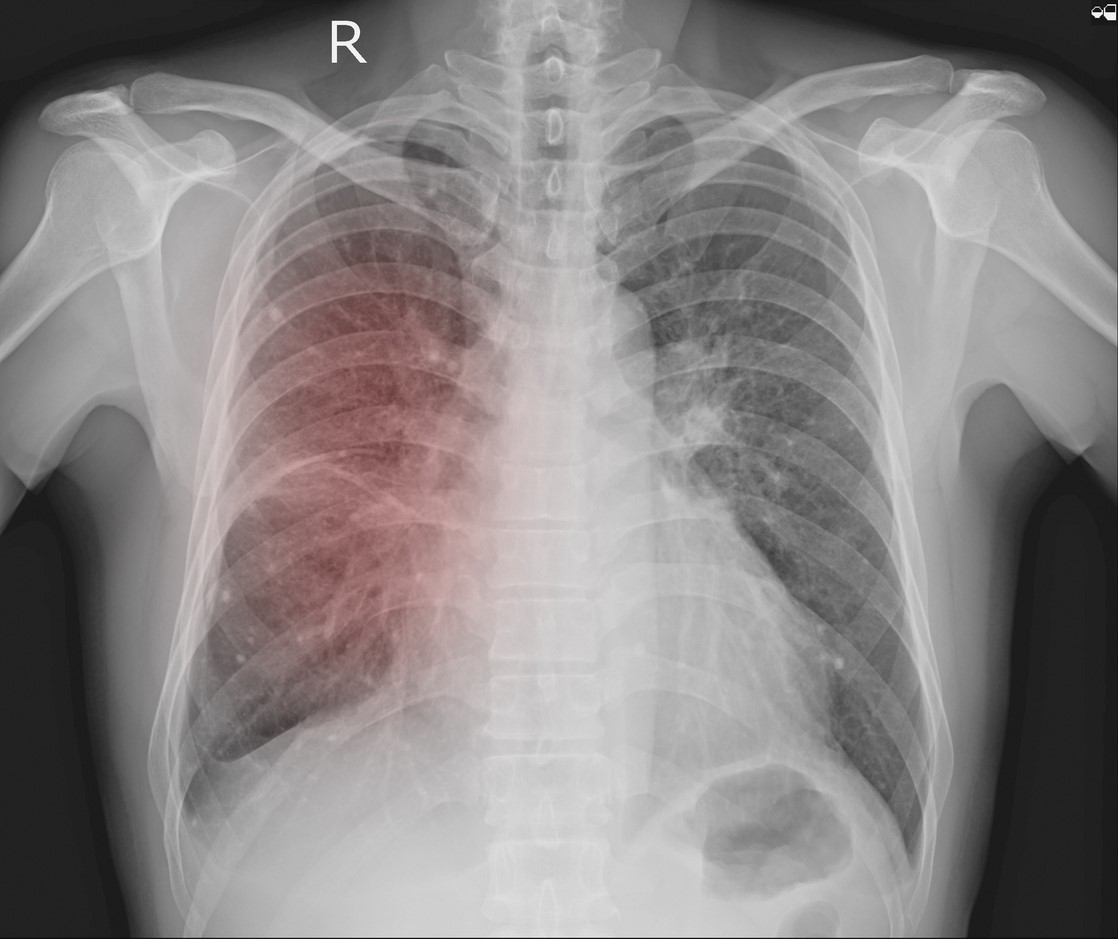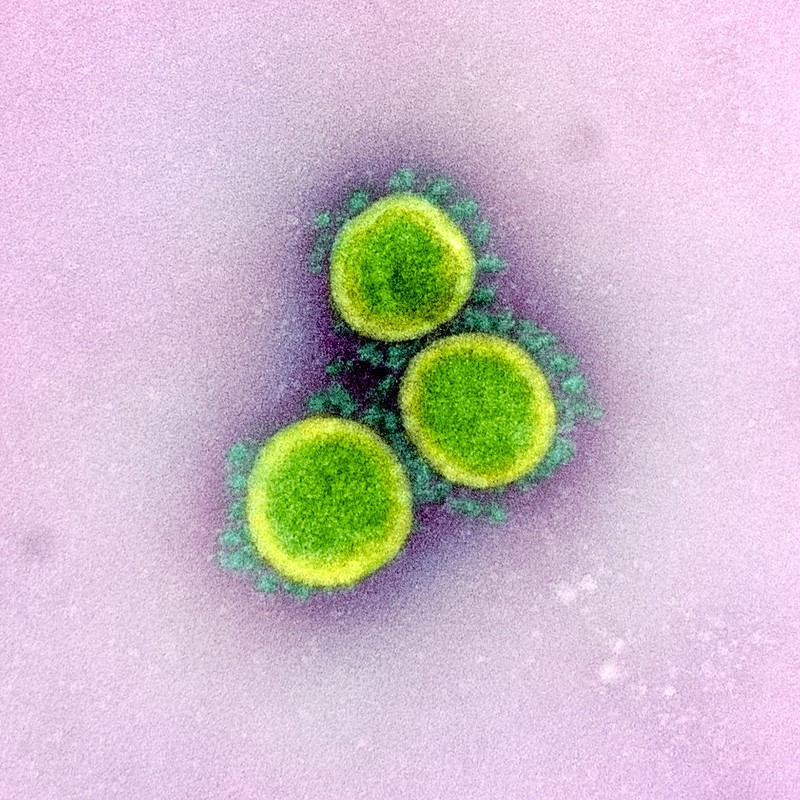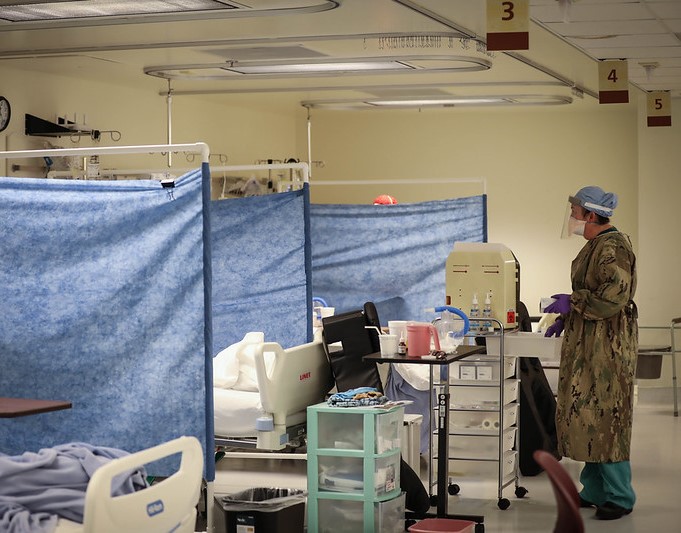 University of Chicago researchers report that they have built a deep-learning (artificial intelligence [AI]) model that can evaluate chest x-rays (CXRs) to predict whether COVID-19 patients will need intensive care, aiding triage and hospital resource allocation during patient surges.
University of Chicago researchers report that they have built a deep-learning (artificial intelligence [AI]) model that can evaluate chest x-rays (CXRs) to predict whether COVID-19 patients will need intensive care, aiding triage and hospital resource allocation during patient surges.
For the study, published yesterday in the Journal of Medical Imaging, the researchers refined a large model that had been trained on ImageNet with 1.2 million CXRs from a National Institutes of Health dataset to detect 14 diseases. Then they fine-tuned the model using data from the Radiological Society of North America to detect pneumonia and finalized it with an in-house dataset of 6,685 CXRs from 3,998 patients with COVID-19.
Fair degree of accuracy
Based only on images, the resulting model could predict whether a patient would require intensive care (intubation or intensive care unit [ICU] admission) within 24, 48, 72, and 96 hours with a fair degree of accuracy.
In an independent in-house test set of 1,672 CXRs from 1,048 patients, the model achieved an area under the receiver operating characteristic curve (AUC) of 0.78 when predicting the need for intensive care within 24 hours and at least 0.76 within 48 or hours or more. Patients identified as high risk were nearly five times as likely to need intensive care as those deemed low risk.
The model's performance was similar to that of existing models that rely on both images and clinical data.
The team acknowledged that the model generated false predictions, which they said could be due to the influence of irrelevant CXR regions or the presence of underlying nonpulmonary diseases that contributed to patients' deteriorating health and ICU admission. They said that the model's performance could be improved by incorporating lung region segmentation, cropping in the model, and clinical variables and lab results.
"Our findings show the promise of AI-assisted medical imaging analysis in COVID-19 prognostic task, which bear the potential to play an important role in clinical decision-making, especially in situations of limited resources," the authors wrote.
 The US Food and Drug Administration (FDA) yesterday
The US Food and Drug Administration (FDA) yesterday 












